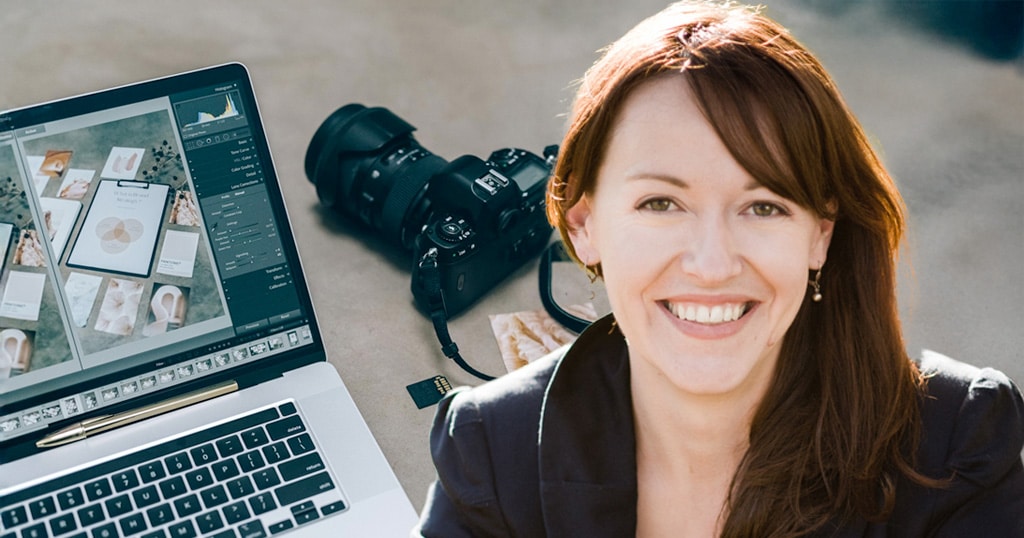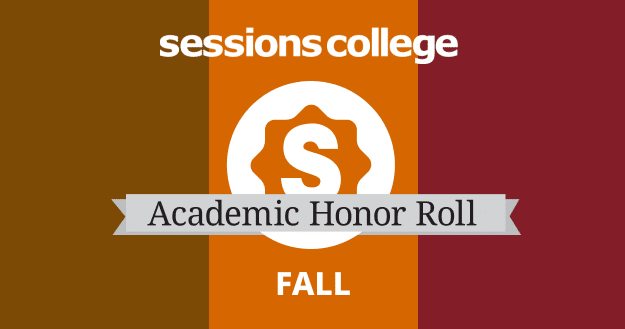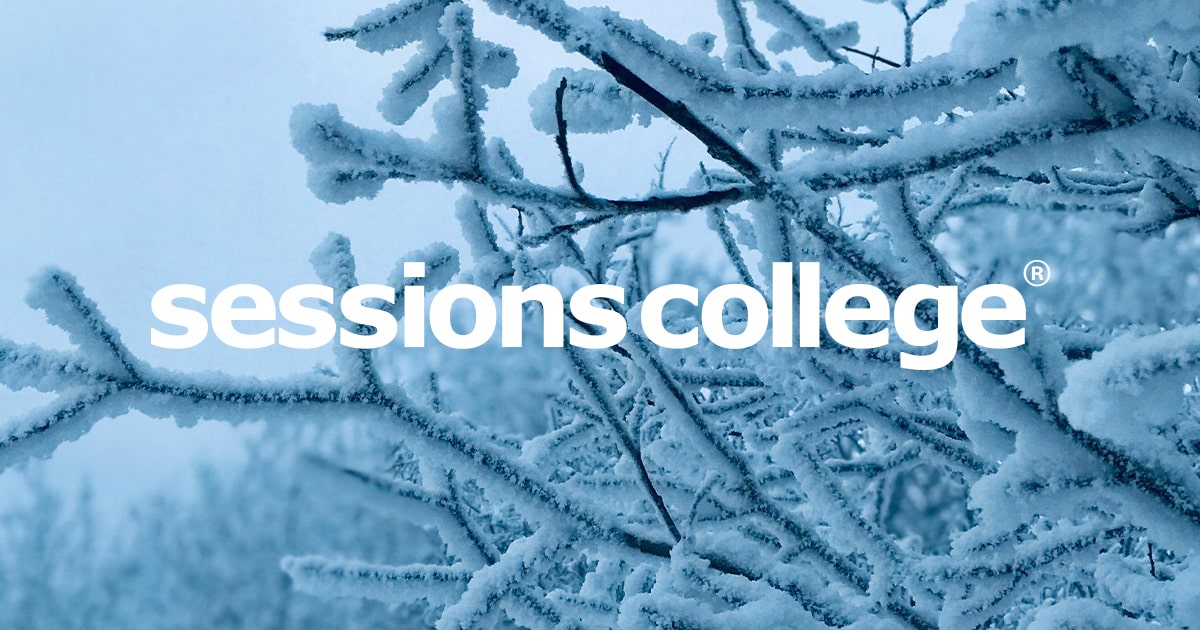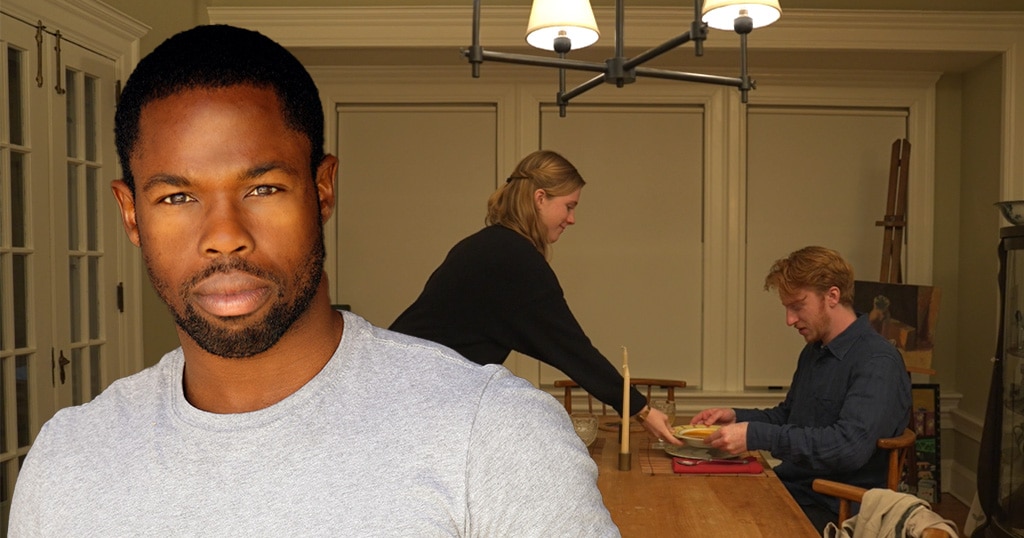Advisory Sessions: What Aspiring Photographers Need to Know

Q: What are some current hiring trends in your field?
Most of my work is in event photography. I also shoot ad hoc to shoot headshots and products for a variety of companies. The biggest sources of hiring for me, and for many other photographers, are private individuals and small businesses.
Q: What foundational and professional skills are important for entering a professional career?
A photographer needs to have a solid grasp of art foundations. Concepts like composition, line and shape, balance, and asymmetry are essential in your work. A photographer must have a good understanding of light from a basic physics perspective. They must have a good grasp of color theory, perspective, depth, texture and form and how this changes with light. A knack for proportion and scale will assist your storytelling, and you need strong powers of observation: attention to visual detail, and the ability to recognize patterns and anticipate action.
Q: What software skills are required? Are professionals in your industry using AI tools?
Photographers tend to be skilled in the Adobe suite (Lightroom Classic, Photoshop, and Premiere), and proficient in Capture One, AfterShoot, or similar AI based culling/editing program.
AI is now being used for culling, editing, and creating masks. These new tools need to be used with care and intent as there is a danger that images become over edited. Don’t over rely on AI. It’s a tool but you have to still go in and review and make edits.
Q: What software skills are required? Are professionals in your industry using AI tools?
In addition to artistic/technical skills, it’s important to remember that soft skills are essential in an industry built on personal relationships. Basic professional skills, such as drafting professional emails and time management, attention to detail, contracts, pricing, and negotiation are key, and networking is a constant area of focus.
Good communication skills are a must. I need to know that you can talk to clients in a professional manner. That I can leave the room and you won’t say anything that may make the client uncomfortable. You need to show me through our communication that you are engaged and respectful of everyone.
Q: What advice do you have for a graduate or new photographer regarding the job search and interview process? How can they stand out from the crowd?
Develop a Consistent Portfolio: Whether it’s a portfolio or resume, make sure your work and experiences present a clear, cohesive style. Employers need to feel confident that hiring you will deliver a specific result.
Showcase Passion Projects: Highlight work that connects to your interests or values. For example, if you’re passionate about housing rights, create a project that demonstrates this. Showing work you care about makes you stand out and feel more authentic.
Be Original: Set yourself apart by presenting work that’s unique. People/employers will remember you if your portfolio includes something different from the usual. It also creates easy talking points during interviews.
Reflect Yourself in Your Work: Let your personality and values shine through your work. Showcase your uniqueness.
Q: Does a graduate need a print or online portfolio? What types of portfolio projects do you expect to see?
Most photographers will need an online portfolio only. From any graduate, I would look for projects that show understanding of art foundations but have a personal connection to the student. Additionally, then need to show repetition of personal style with varying imagery and show development/growth of concepts linked in the work.
I expect to see projects that showcase technical skill, creativity, and a personal style. These could include portrait work, editorial shoots, or documentary photography, demonstrating a clear understanding of composition and lighting.
Avoid including unfinished or inconsistent work. Show 10-20 strong pieces per project. I judge portfolios based on consistency, technical proficiency (lighting & composition, in focus, correct depth of field for scene/concept), creativity, and ability to capture the idea well. A well-curated portfolio shows attention to detail and the ability to meet basic professional standards.
To learn more about the industry pros that make up the Sessions College Advisory Board, visit the Advisory Board page. The Advisory is a team of senior professionals who provide workplace assessment and program review feedback to ensure that our programs keep pace with the requirements of a constantly changing industry.

Sessions Staff is a restless soul who loves to share relevant news and design industry information with current and prospective students. Read more articles by Sessions Staff.
RECENTLY ON CAMPUS





